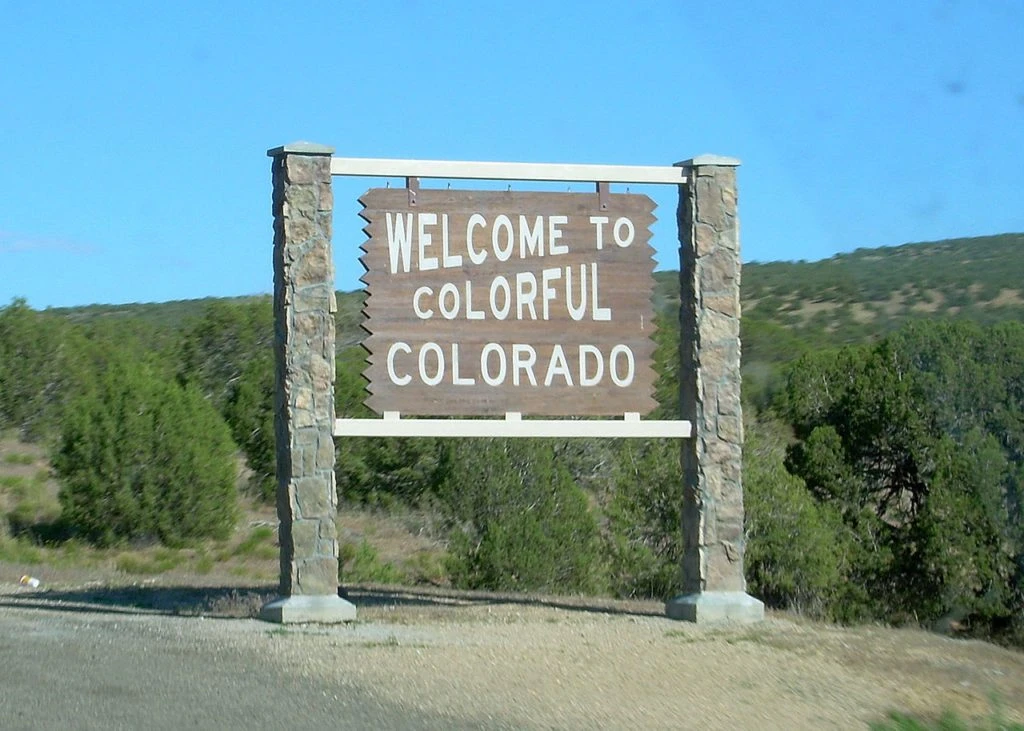Colorado tribe invokes federal Florida decision in suing state for right to offer statewide digital sports betting

Tribal chairman Melvin J Baker invoked the recent decision by the US Supreme Court not to hear the West Flagler vs the US Deptartment of the Interior case as clearing the way for the lawsuit. Baker said that because that case “held that the Seminole tribe was entitled to engage in statewide sports betting in Florida any legal objection to the Southern Ute and Ute Mountain from engaging in statewide sports betting is gone.”
The tribe filed suit in the US District Court for the District of Colorado on Monday. The court set a 10 October date for a scheduling and planning conference. From there, if the parties have not reached an agreement, the case would move forward in court.
Statewide digital sports betting launched in Colorado in May 2020. At the time, BetMGM, BetRivers, DraftKings and FanDuel went live on the same day. There are now more than 20 commercial platforms operating in the state.
Federal law: Tribes entitled to offer whatever state offers
In general, under the Indian Gaming Regulatory Act (IGRA), anything legal in a state is also legal on a reservation within the state. The state and tribe would have to recompact to include gaming or a new form of gaming in a compact. Baker said that the state had multiple opportunities to reach out and begin negotiations, but had failed to do so.
According to the court docket, the tribe and state exchanged multiple letters, but there was no resolution.
The tribe is currently operating under a 1995 compact. It has a brick-and-mortar casino on its reservation in the southern part of the state on the New Mexico border. The state’s other tribe, the Ute Mountain Ute, has a reservation that is adjacent and also offers in-person casino gaming.
Baker told the committee “enough is enough” and was clear that his tribe does not want to pursue legal action. But it does want the right to offer statewide mobile sports betting.
Tribe: State has breached 1995 compact
The tribe contends that the state has breached its 1995 gaming compact. That compact allows the tribe to have “those gaming activities and bet amounts that are identical” to ones authorised in the state. In essence, whatever commercial operators are allowed to offer, the tribe can too.
As noted, Colorado’s gaming law already allows for commercial operators to offer statewide digital sports betting.
“Through actions by the state, we have been prohibited from successfully engaging in this new economic opportunity,” Baker said. “Because of these actions, non-tribal gaming enterprises have had a significant advantage. The key is market share and by waiting until sports betting became legal in Colorado, to challenge the ability of the tribes to participate… the [state division of gaming] ensured that tribal gaming enterprise would have no opportunity to reach any kind of market share.”
The Southern Ute partnered with US Bookmaking in 2020 for its Sky Ute digital sportsbook. Because the server was on tribal lands, the digital sportsbook was not subject to the 10% tax levied on other operators. The platform was taken down in July 2023.
Latest federal decision: Bets placed where received
The SCOTUS decision to pass on hearing the West Flagler case means that a lower-court ruling stands. That ruling allows for bets to be considered placed where received. That means that bets placed in Florida are considered placed on Seminole land if they run through a tribal server.
Baker is the first tribal leader to take the appellate ruling and attempt to apply it in another state. While the West Flagler case applies specifically to the 2021 Seminole-Florida compact, it sets precedent. But as legal experts point out, the precedent only works if the state and tribe are “willing.”
“The Florida-Seminole compact provides a clear example of how a willing state and a willing tribe may structure a compact for statewide mobile gaming under IGRA,” tribal attorney Scott Crowell told iGB in June. “And it clearly strengthens the position of tribes confronted by many states that have approved expansion of mobile sports wagering for non-Indian entities. But the question of whether a tribe can compel a recalcitrant state to enter into a compact amendment for statewide mobile gaming remains unresolved.”
According to the complaint, the state’s actions are “motivated by money. Sports betting regulated by Colorado is subject to a 10% tax, whereas no such tax could ever apply to tribal gaming under federal law. Therefore, the state sought to freeze the tribe out of internet sports betting.”
Baker said that his tribe has little appetite for legal action, but was forced to “take critical action to uphold equal and fair treatment of our sovereign rights”.
